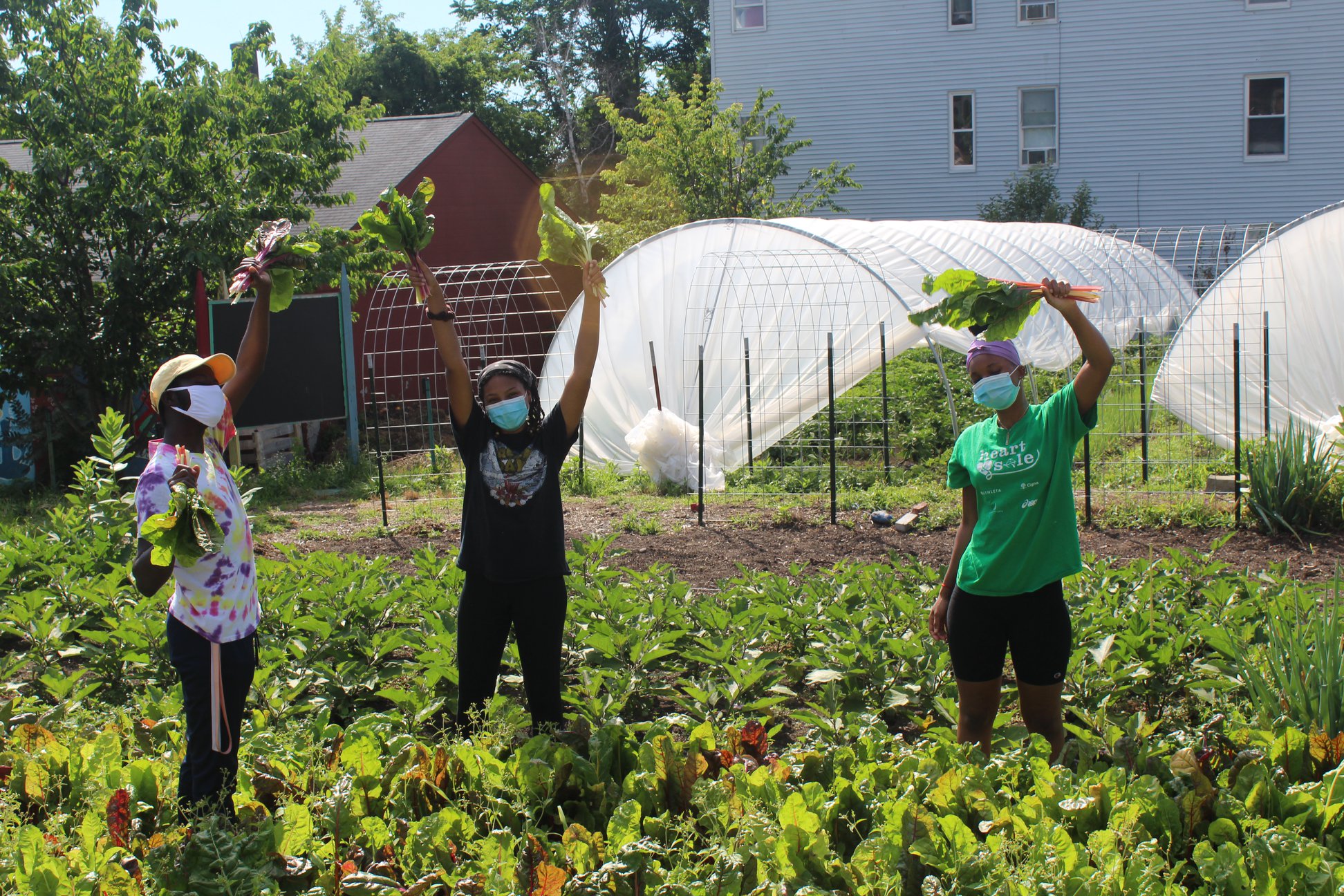
Decades of farmland conversion has resulted in a patchwork of noncontiguous farmland and former farmland parcels that are less than five acres in size. Over this time farming in Massachusetts has changed dramatically, underscoring significant shifts in farming technology and know-how, in opportunities for and interest in direct-to-consumer sales, and in our food system overall. Coupled with the price of and taxes on land, between the 1960’s and 2017 the number of farms in the Commonwealth that are less than 10 acres grew by 57%, farmers who rent farmland grew from 7.1% to 25%, and there has been a 147% increase in the number of new and beginning farmers farming fewer than 10 acres since 1982.
The result is that the state’s farmland protection policies and programs no longer support farming as intended, or as necessary to benefit the environment, sustain the resilience of our local food system, confront the impact of climate change, and to support equity and social justice. In fact, our current system intensifies the loss of land in agriculture, particularly in suburban and peri-urban areas of the state. The solutions are conceptually simple and yet operationally more complex. We must restructure our farmland classification and protection policies, specifically by lowering the five-acre minimums while ensuring that total municipal tax revenues do not decrease.
The focus of the Collaborative’s advocacy on farmland access and protection has been advocating for the state to develop a farmland action plan as recommended in the Food System Plan. That planning process has begun, and more information will be available about it in early 2022.
Collaborative position papers and other resources
Newsletter articles
For more information contact Jeff Cole.